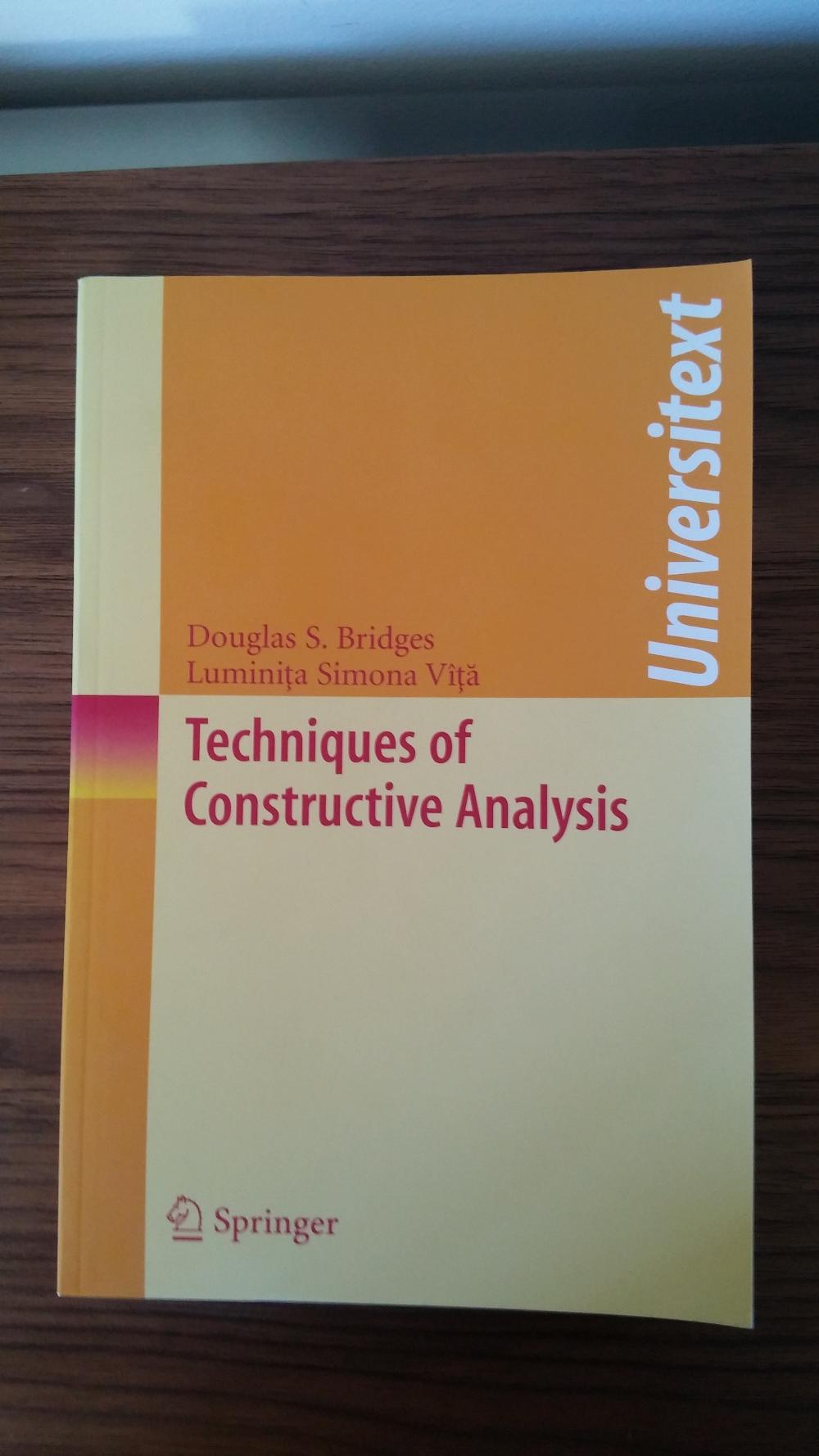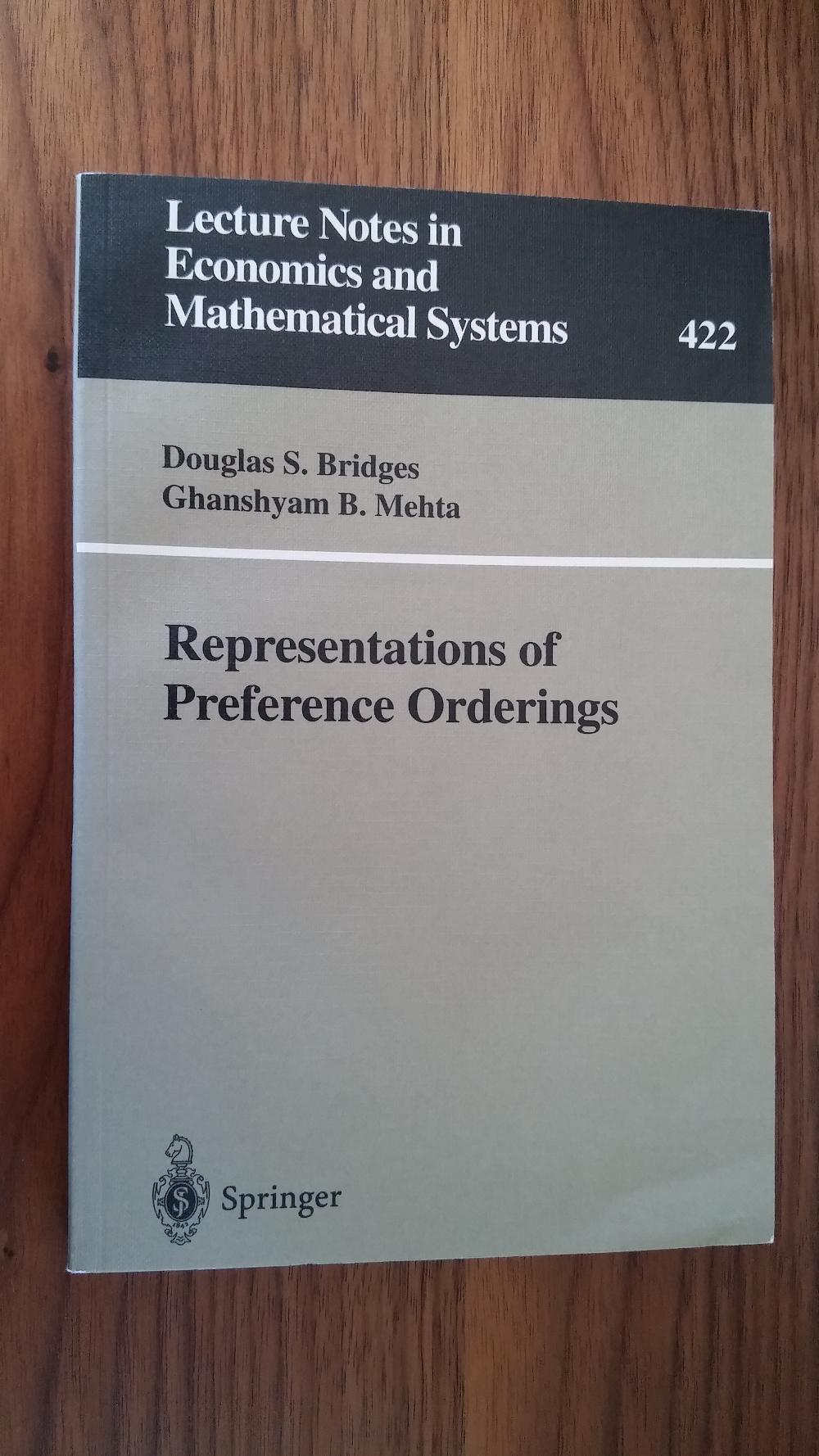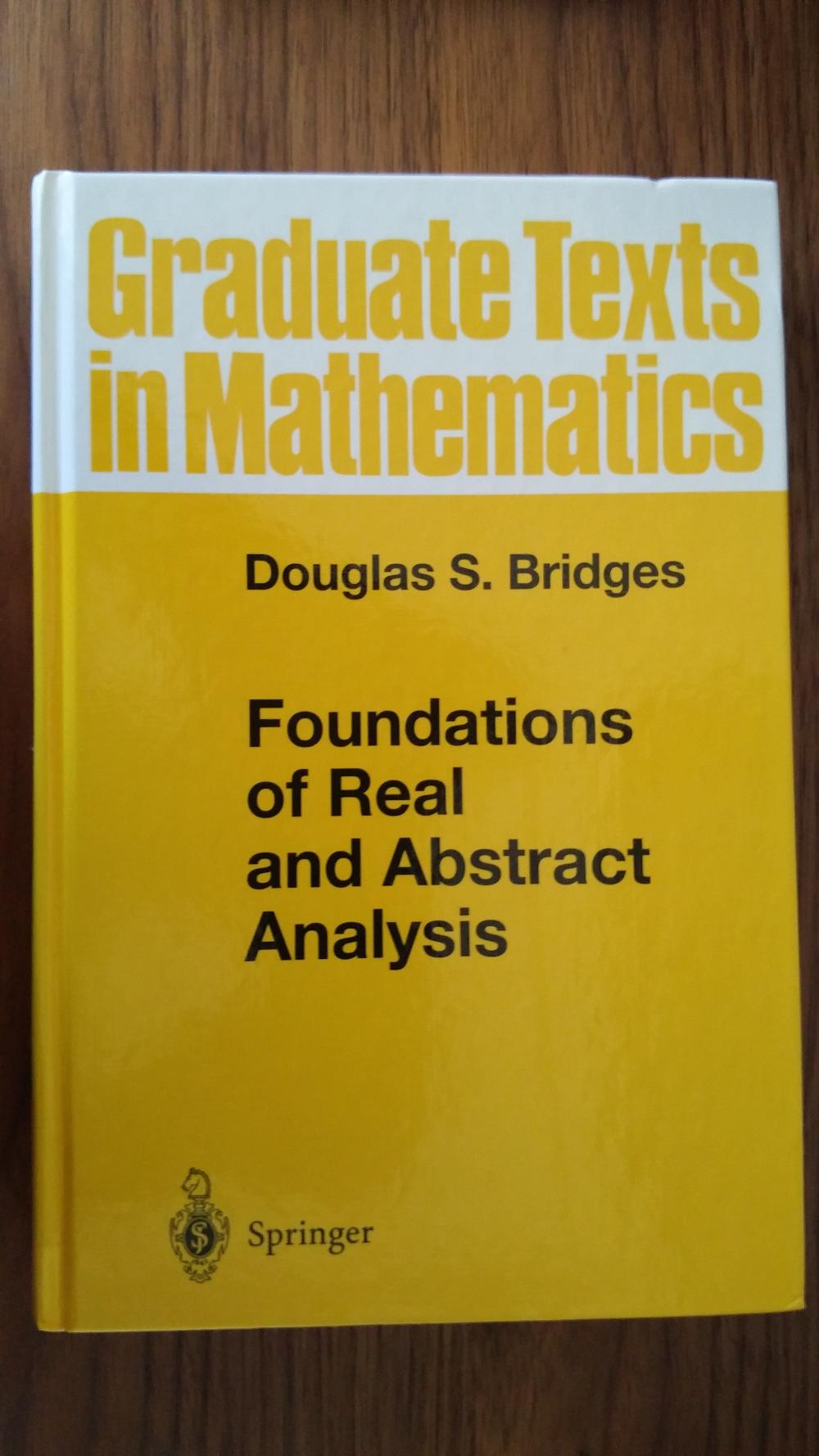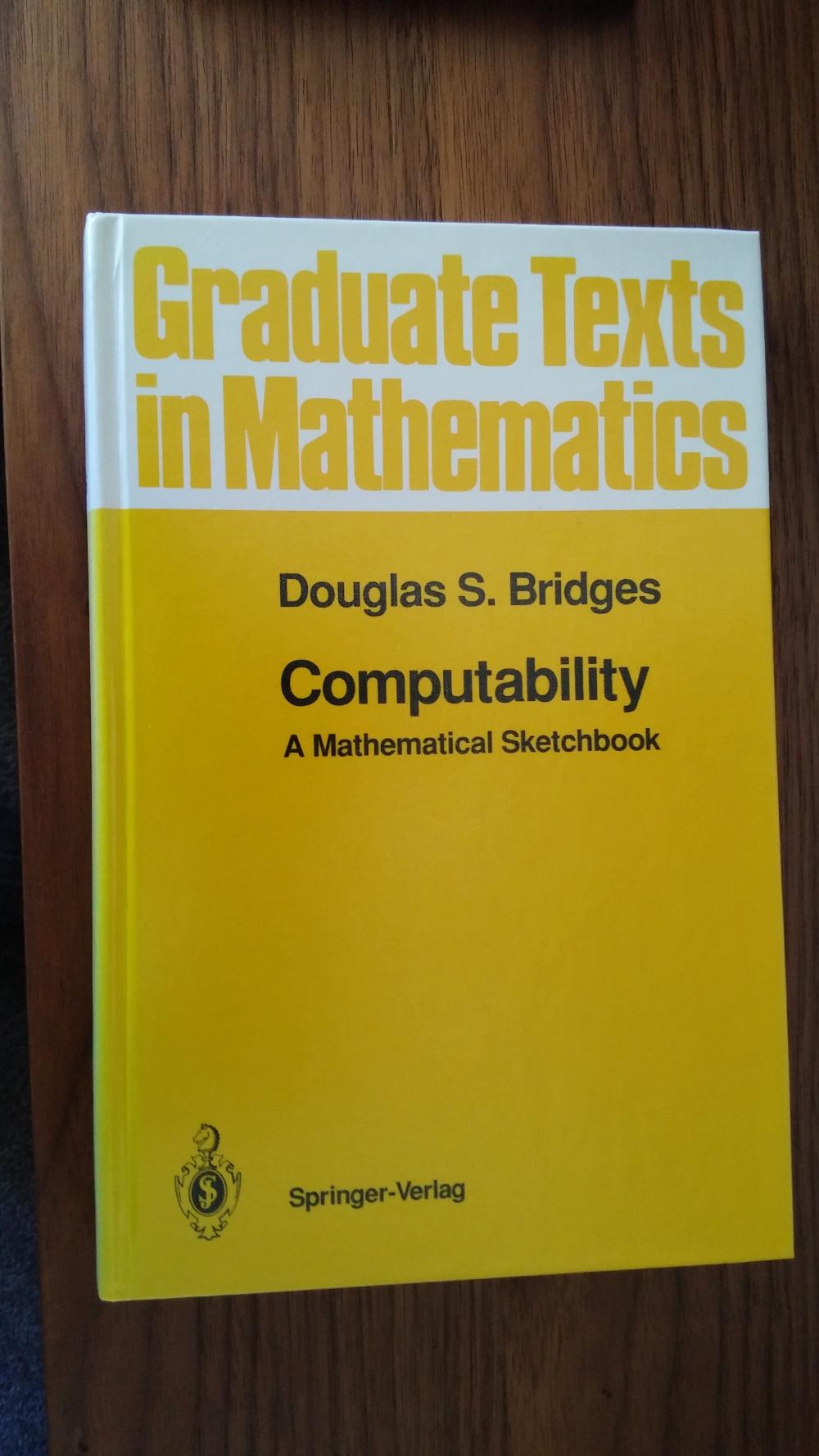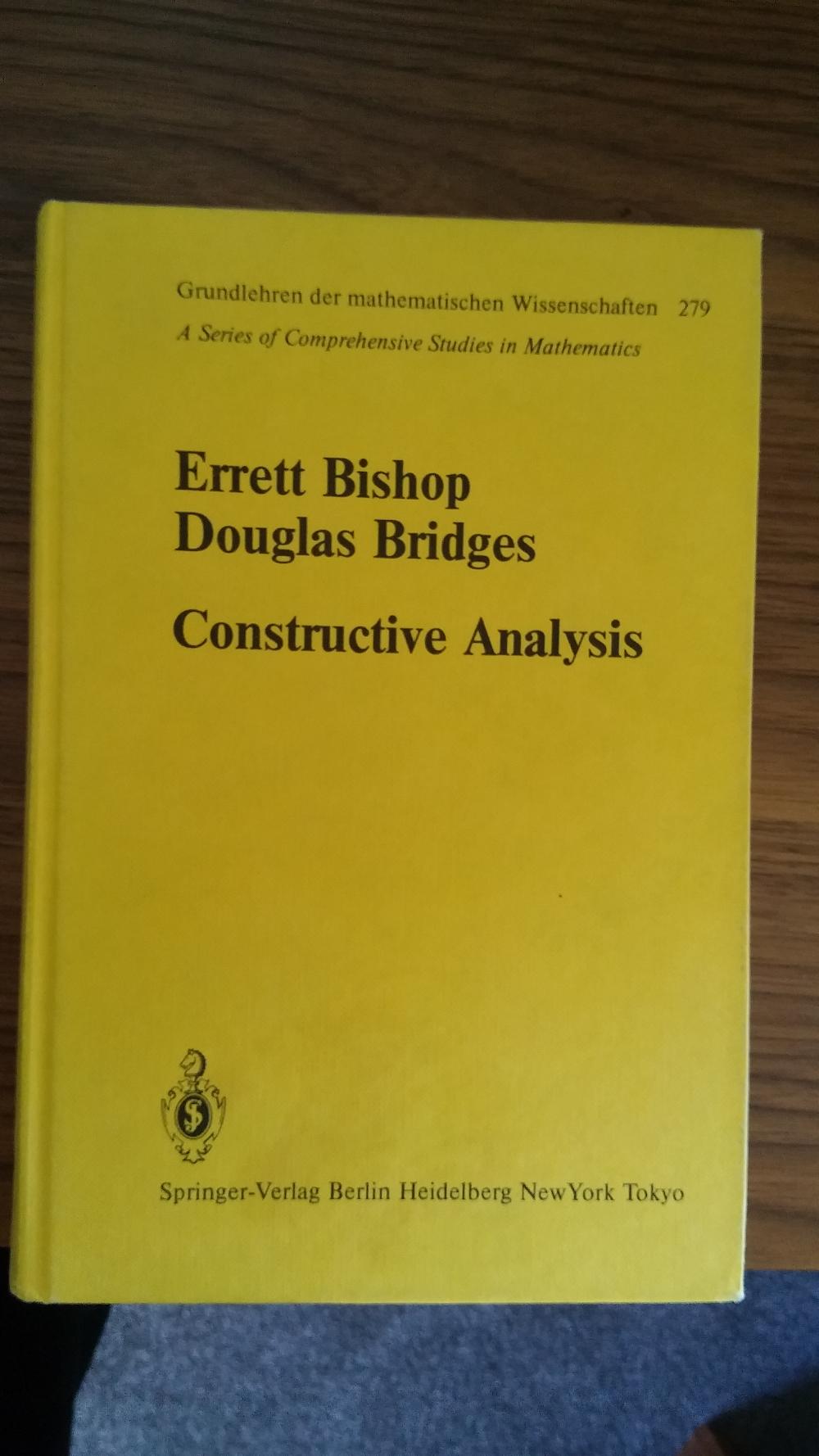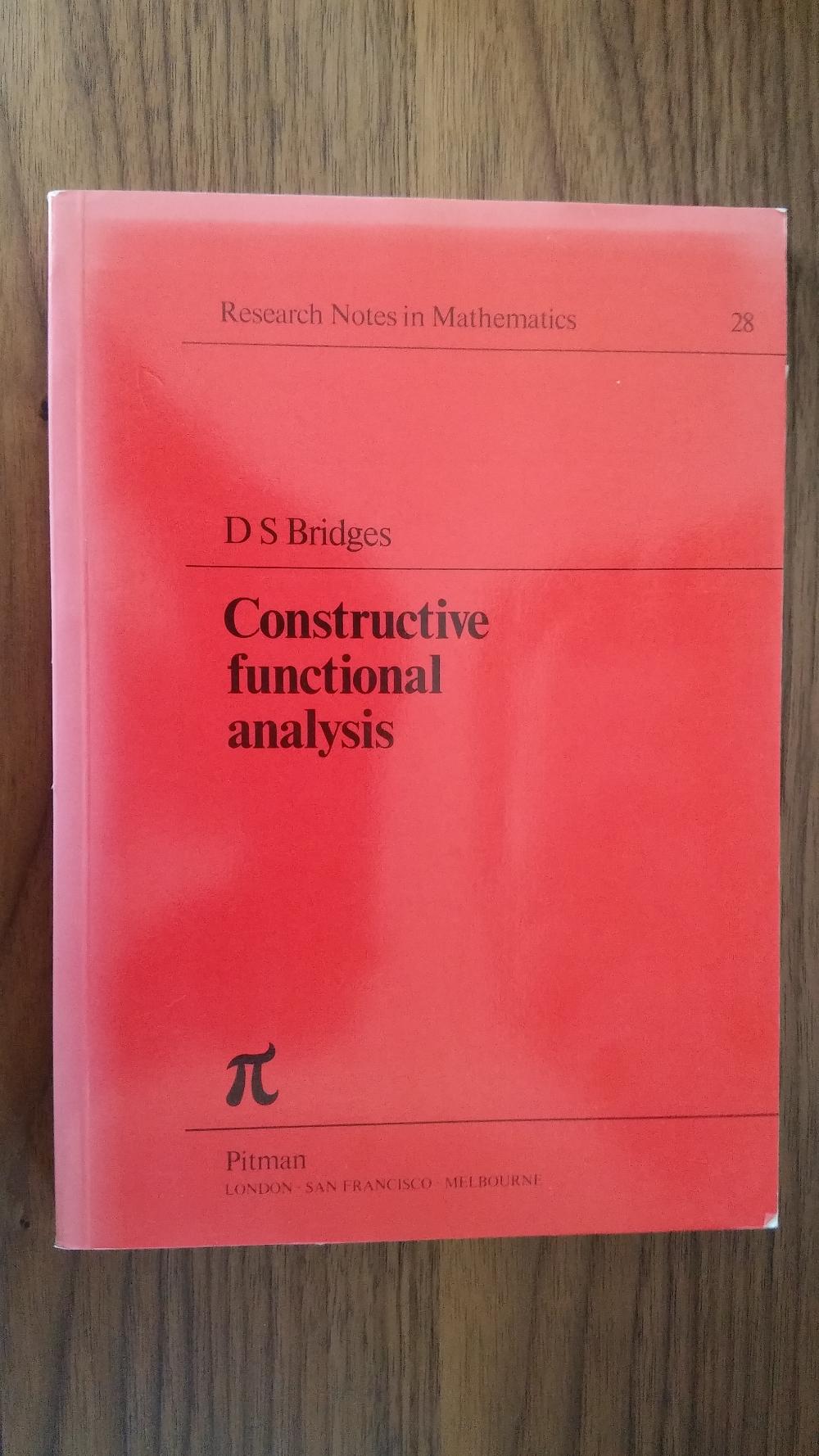Misunderstanding Constructive Mathematics
I present, below, some thoughts about common misunderstandings of, and falsehoods about, constructive mathematics.
First, though, here are links to some typically insightful articles by Fred Richman (see also http://math.fau.edu/richman/)
1. Confessions of a formalist, Platonist, intuitionist,
2. Meaning and information in constructive mathematics
3. Interview with a constructive mathematician
4. Existence proofs https://docs.zohopublic.com/file/cdfmo03de7be0f4ff4150804325c288ea2cf2
_______________________________________
Now for some of my own pieces
Did Brouwer really believe that?
This article was a response to a footnote in Efe Ok's remarkably fine book Real Analysis with Economic Applications. It is to Efe's great credit that when I sent the piece to him, he immediately responded positively by putting it on his website: see https://sites.google.com/a/nyu.edu/efeok/books
√2 is irrational - constructively
This piece concerns a common misunderstanding, found on page 39 of Dana Mackenzie's book The Story of Mathematics in 24 Equations: namely, that the standard proof-by-contradiction that √2 is irrational is unacceptable to constructive mathematicians. In fact, that proof is acceptably constructive as a proof of a negation. It is proofs-by-contradiction of existence that are nonconstructive.
The misunderstanding in question is often allied with another one: that constructive mathematicians do not believe that irrational numbers exist. Constructively as classically, the irrational numbers in [0,1] form a set of Lebesgue measure 1.
I sent my comments to the Mackenzie twice, but am still awaiting a response.
Constructive Mathematics can't be applied to physics?
Following the correspondence between Geoffrey Hellman,** who claims that constructive mathematics cannot be applied to physics, and me, who argue that his claim is false, James Robert Brown published the paper
Science and constructive mathematics, in Analysis 63.1, 48-51, Jan. 2003,
in which he endorsed, and tried to further justify, Hellman's views. My response, arguing that Brown's views arguments were tendentious and wrong, can be found at this link:
**See items [53] and [74] of my published journal articles.
You can edit text on your website by double clicking on a text box on your website. Alternatively, when you select a text box a settings menu will appear. your website by double clicking on a text box on your website. Alternatively, when you select a text box

.jpg)

